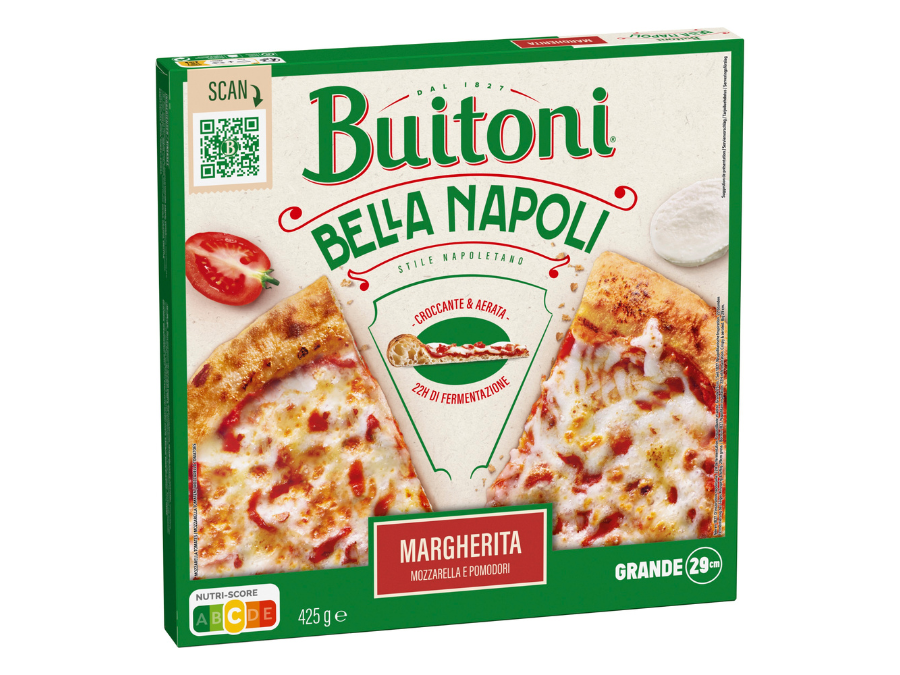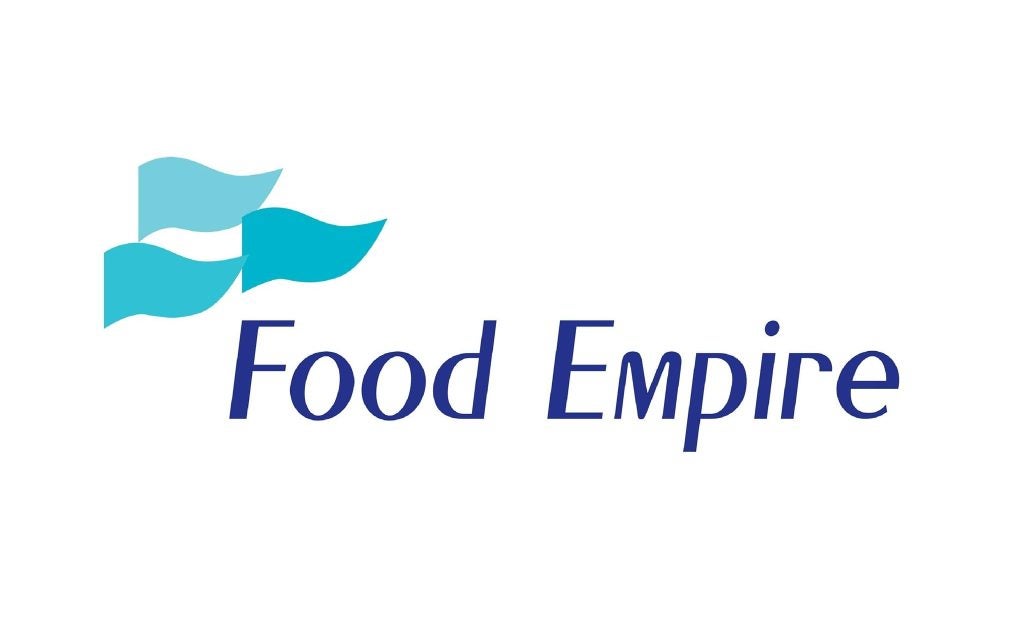Nestlé is set to cut 90 jobs at a facility in Switzerland as it “realigns” to producing two food brands.
The Swiss giant is investing SFr6.5m ($7.2m) to re-focus its Wangen facility, in the canton of Schwyz, which currently specialises in producing fresh dough.
Nestlé will now produce only two brands at the Swiss facility: Buitoni, an Italian pasta brand, and Leisi, which makes pastries and dough.
Nearly half of the total jobs at the Wangen factory will be cut in the new year as employees were informed of the changes this morning (13 October), a Nestlé spokesperson told Just Food.
“We constantly review our activities and market requirements. The market conditions have changed and volumes abroad have decreased. We have therefore decided to concentrate on our core business with our own brands in the future,” the spokesperson said.
“We have personally informed our employees this morning about our plans and a four-week consultation period with the personnel commission has now begun. Our plans foresee a two-phased approach and it is expected that the process will be finalised at the end of Q2.”
The spokesperson added Wangen produces “a number of different brands, as well as for some foodservices – both for the Swiss market as well as export”.
Nestlé operates nine production sites in Switzerland and sells products under around 40 different brands for consumers and their pets.
In the first half of this financial year, Nestlé’s sales rose 1.6% on a reported basis to SFr46.3bn. The closely watched underlying trading operating margin (UTOP) increased 20 basis points to 17.1% and was up 30 points in constant currency. In value terms, trading operating profit rose 2.9% to SFr7.9bn.
Net income climbed 7.7% to SFr5.6bn.















